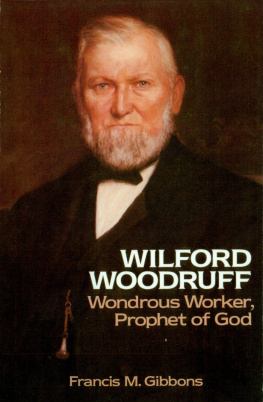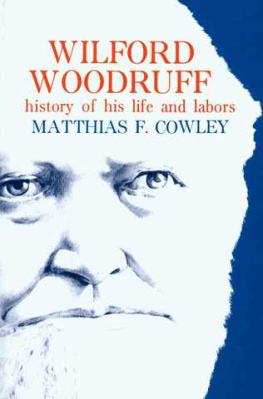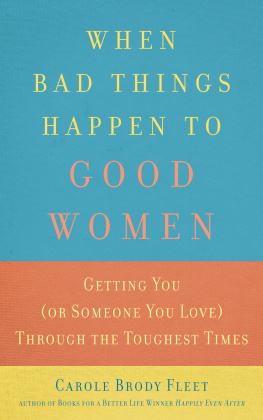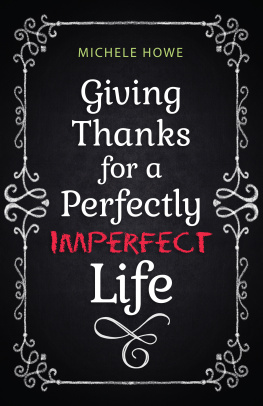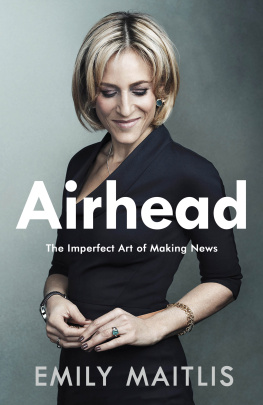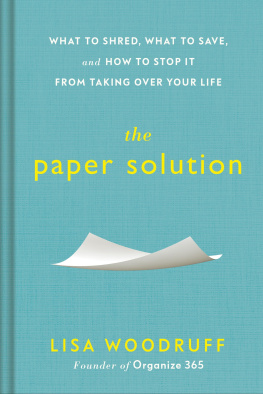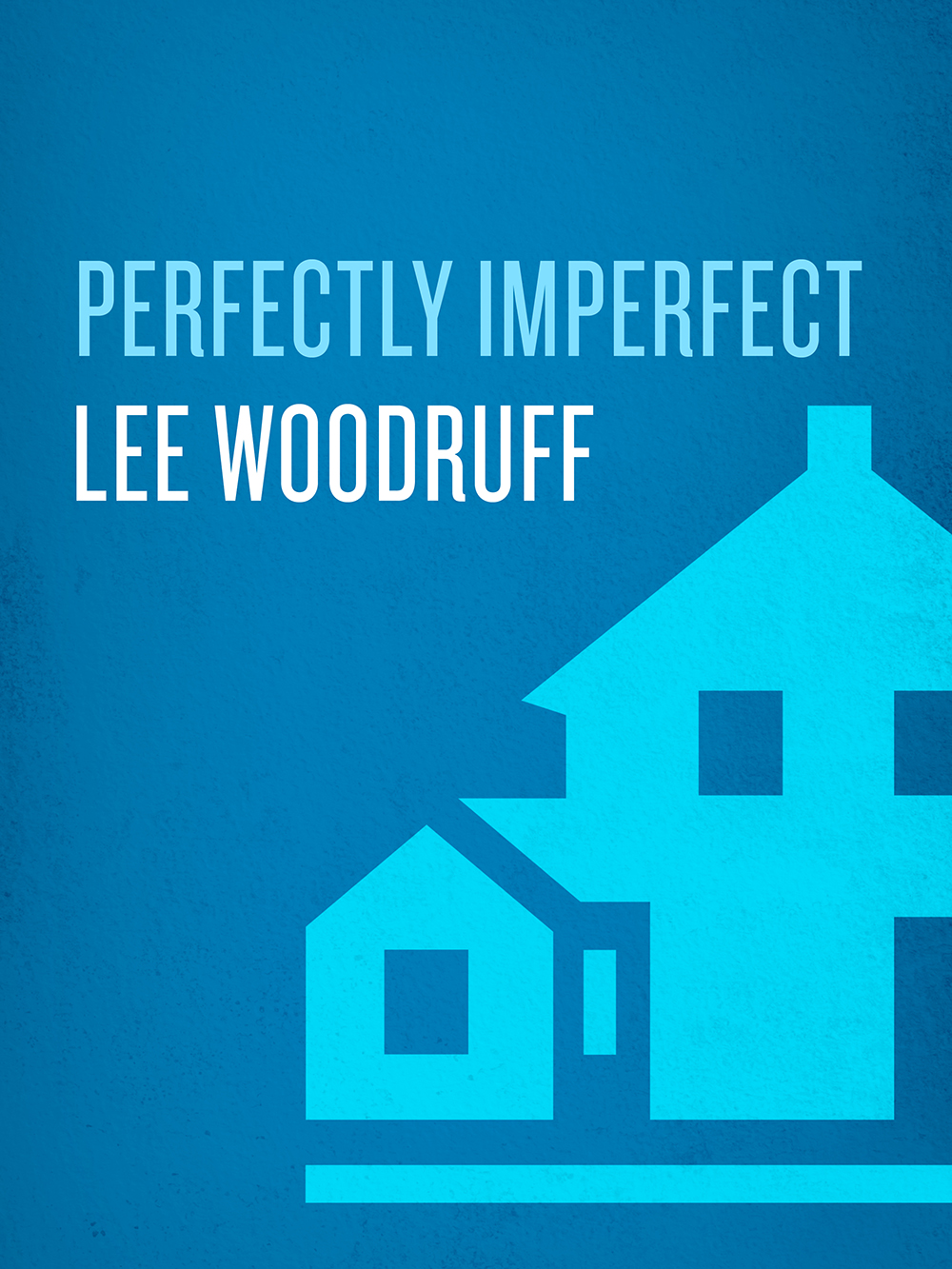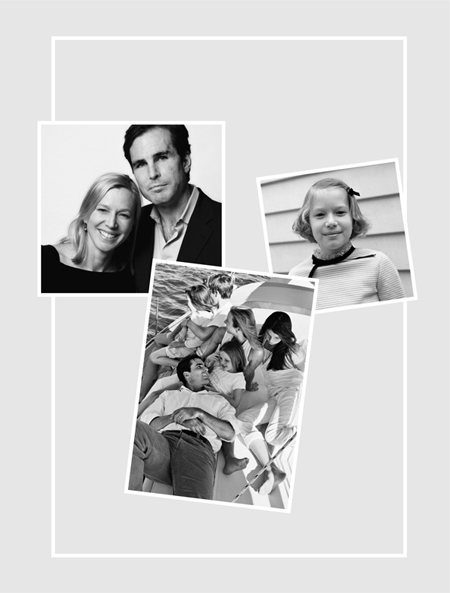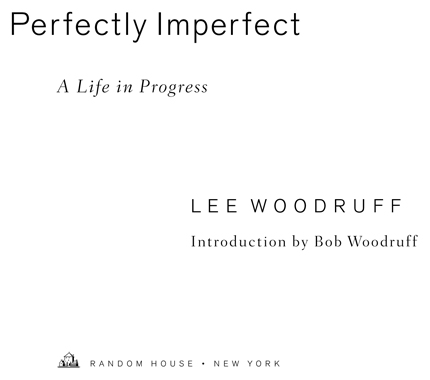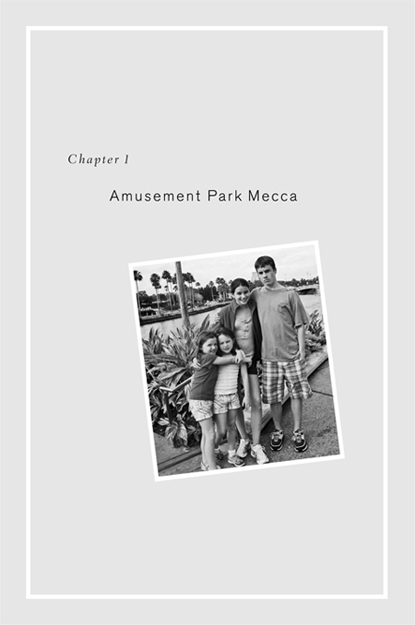All rights reserved.
Published in the United States by Random House, an imprint of The Random House Publishing Group, a division of Random House, Inc., New York.
R ANDOM H OUSE and colophon are registered trademarks of Random House, Inc.
Introduction
Bob Woodruff
I feel incredibly fortunate to have met Lee more than two decades ago, and not just because we fell in love, got married, had wonderful children, and only really fight seriously once a year. (Okaymaybe twice a year, but once is always about money.) Reading this book highlighted the qualities I see when I'm with Lee in person: humor, honesty, poignancy, irreverence, reflection, and just plain warmth. She writes just the way she talks. Reading these chapters is like sitting on a porch where Lee is regaling a group of friends with some funny stories.
She can somehow move effortlessly between humor and sorrow, joy and pathos, almost as if she is not one person, but many. She has the uncanny ability to capture a moment and describe what others are feeling. It is her complexity and accessibility with which I fell in love. She probably could have been an actress or a comedian, a writer for television or of screenplays. Instead, she married me and set up house in various towns around the country and overseas as my career kept us on the move and our family grew. Being a mother was then, and still is, the heart of her life. But she always kept writing.
For many years, especially early on in my journalism career, Lee used her writing skills to pen magazine articles and corporate brochures, public relations materials and videos for businesses, anything to pay the bills, as she would say in the lean days when my salary barely covered the rent. And when I finally earned a respectable wage, still, she kept writing. It was her catharsis, the thing she did for herself and a way to chronicle the small moments of family life, the funny and touching anecdotes that might otherwise be forgotten over the years.
For twenty-two years Lee has been making me laugh with her observations and her keen take on the world. And for all that time I've been encouraging her to write a book. So nothing could make me happier than to write an introduction for her first solo effort.
When we, as a team, wrote our book In an Instant, I concentrated on facts and memories while she poured out feelings and emotion; this is the difference between our two styles. During my injury and recovery I was amazed, watching my wife, at how she was able to keep so many things togetherthe children's needs and schedules, while managing their fears and concerns. Lee is quick to point out on these pages that multitasking isn't my strong suit, and I've looked on with awe as Lee has juggled her career, motherhood, friendships, and family responsibilities throughout our entire marriage.
Now, with Perfectly Imperfect, she has created a volume of stories about those collective experiences. Each chapter contains commonalities, the observances that many women, and even men, will be able to relate to as they see themselves on the pages.
I am honored to share my life and my wife with you in this way. And may her journey enrich your own world in some small way.
D o you want a margarita? yelled the insipidly chirpy waitress in the Hawaiian shirt. We were in the Jimmy Buffettthemed restaurant at Universal Studios, Orlando, and she was trying to be heard over Come Monday, which was blaring from the speaker system.
No, I said wearily. My feet throbbed, and, as the designated pack mule, I'd been lugging the twenty-pound backpack with the camera, extra batteries and chargers, water, fleeces, and enough snacks to outfit an Everest expedition. I'd been so distracted getting everyone else breakfast that morning that I hadn't had more than a few bites of the kids' cold toast. My blood sugar level was alarmingly low. I was ready to drink the ketchup right out of the crusty red bottle on the table.
Really ? The waitress sounded genuinely surprised, almost disdainful. You sure you don't want a margarita?
What I said was No thank you. What I really wanted to do was to grab her by the front of her fluorescent shirt with one fist, like they did in spaghetti westerns, and snarl, Listen, amiga, you see these four kids here? You think I can possibly deal with this theme park and all four of them if I start downing tequila? Do you want me to blow chunks on the Hulk? Would you like me to pass out here in Margaritaville and lose this brood somewhere between Seuss Landing and Fear Factor Live?
Instead, I kept my voice even, my countenance beaming, and an adoring look focused on my kids. I didn't want them to suspect for a moment that I wasn't as ecstatic as they were to be there. I'd shouldered the responsibility of continually making sure everyone was in tow, of keeping all four kids contented despite age gaps greater than the drop at Splash Mountain, determined that they view me as Most Fun Mom. I wanted them to remember that I'd cheerily gone on all the rides with them, from Jimmy Neutron's Nicktoon Blast to the Amazing Adventures of Spider-Man. I wanted it seared in their brains that I'd let them order chocolate sundaes from room service and stay up late with in-room movies. I was focused on creating a fond memory so that, on my deathbed, they could all recall the time I'd loosened the purse strings and let them buy souvenirs and eat unlimited amounts of greasy park food. This was downright radical compared to our normal household rules.
I knew enough to understand that it would be years before the day-to-day martyrdom of mothering would even hit their radar screens. The nutritious home-cooked dinners, the homework patrol, and the midnight snuggles when they had the flu that made up the real heroics of parenting didn't earn medals. Those acts wouldn't truly be appreciated until my kids had children of their own and were bleeding out of their ears from the decibel level on an elementary school field-trip bus ride.
What they would remember, what would live in the collective film library of their childhood memories, was the highlight reel: the trips to Magic Kingdom, the ski weekends, and the beach vacations. The rest of it, the work in the trenches, would be like background noise; it was low-level radar, like the commercials in between the Oscar presentations. I needed to make this one big.



